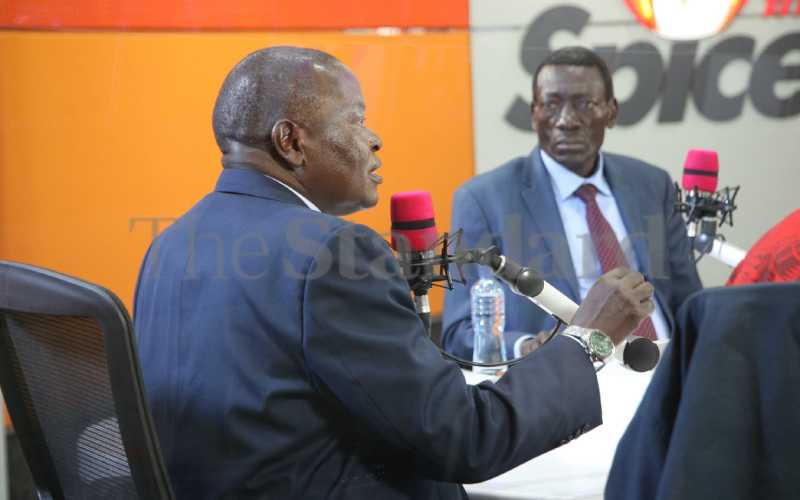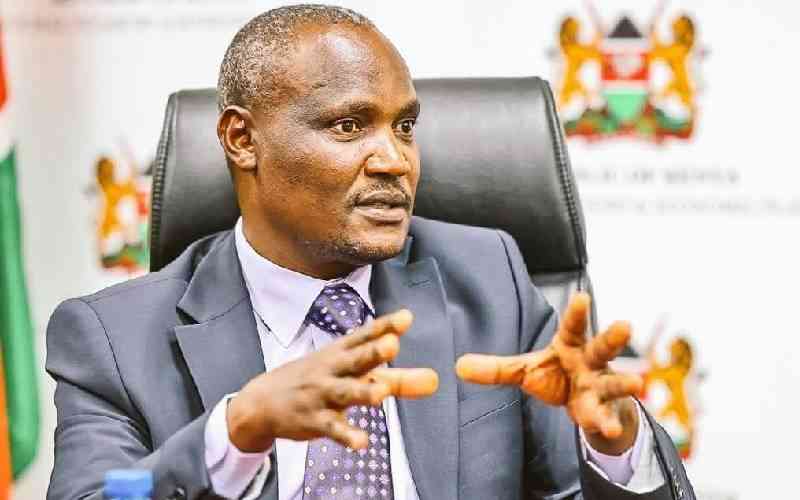×
The Standard e-Paper
Join Thousands Daily

The Kenya National Union of Teachers (KNUT) has explained its decision to withdraw from a strike notice issued simultaneously with the Kenya Union of Post-Primary Education Teachers (KUPPET).







